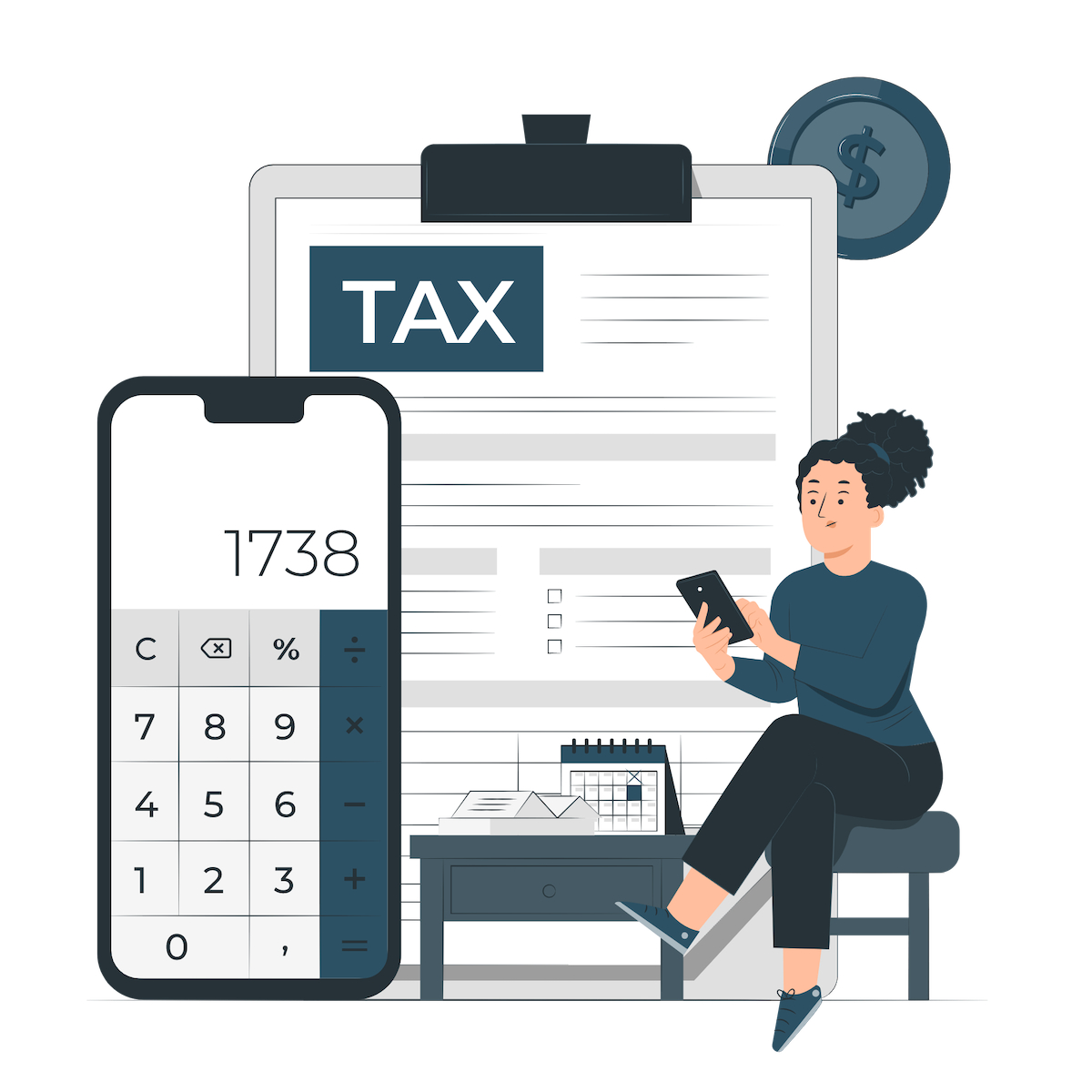Reducing Your Tax Bill With Carry-Forward Super Contributions
Making personal contributions to super is one way you can minimise your tax bill and may leave you...
By: Emma Baxter on Aug 8, 2022 2:09:46 PM

Superannuation tax is probably not the type of riveting topic you’d expect to discuss over dinner with friends, but if you find your salary climbing above the $200K/year mark, it’s a topic worth wrapping your head around – especially if you want to get more strategic about your finances and intentional about where your hard-earned money is going.
Normally, any money deposited into your superannuation account by you or your employer is taxed at 15% (this rate is usually lower than the individual income tax rate to encourage people to contribute to their superannuation). This rate applies to anyone whose income is under $250,000 per year (Div 293 threshold).
This threshold is based on a calculation similar to Income for Medicare Levy Surcharge Purposes. The calculation includes; taxable income (excl FHSS withdrawal), reportable fringe benefits, and super contributions.
If your income is under the Div 293 threshold, it might be worth taking advantage of carry-forward super contributions because your superannuation is currently taxed at the lowest possible rate.
Olivia earns a salary of $210,000 and her employer, ABC Company, contributes 10.5% of her salary ($22,050) into super contributions for her. Olivia earns no other income aside from this. Therefore, Olivia’s total taxable income is $232,050 and is under the threshold - Division 293 tax doesn't apply.
Olivia can make personal contributions to her super fund and take advantage of the lower tax rate.

OLIVIA'S Taxable Income |
Tax Rate |
|
Salary |
$51,667 plus 45 cents for each $1 over $180,000 |
|
Employer's Superannuation Contribution (10.5%) |
15% |
|
Total earnings: |
Super contributions Cap $27,500 Personal contribution of $5,450 excluding any unused carried forward contributions |
Division 293 tax is an additional tax of 15% on super contributions for individuals who have an income (MLS calculated) of $250,000 or more (which means superannuation is taxed at 30% for high-income earners instead of the standard rate of 15%). This total income includes an individual’s salary, reportable fringe benefits, and any superannuation contributions their employer makes.
Your Div 293 tax is assessed at the point of you lodging your tax return. The Australian Tax Office will issue you a Notice of Assessment (NOA) stating the amount of tax payable. When you receive the NOA, you can instruct the ATO to take any Div 293 tax owing directly from your superannuation, or you can pay the tax from your personal cash flow.

Olivia’s colleague, Katherine gets a pay rise, which means her salary is now $228,000. Her employer, ABC Company, contributes 10.5% of her salary ($23,940) into super contributions for her. Katherine earns no other income aside from this. Therefore, Katherine’s total taxable income after her pay rise is $251,940 and exceeds the threshold - Division 293 tax now applies to her superannuation.
Katherine must pay the 15% tax on super contributions (which is usually automatically taken from her superannuation account) and will be issued an NOA from the Tax Office to pay the Division 293 tax on top of this. She can choose to pay this tax from her super fund or from her savings.
If Katherine is interested in tax minimisation strategies and how to make her money work smarter for her, she could reach out to her accountant as her income starts to grow.
YOUtax is an award-winning digital accounting firm on a mission to make tax and financial wellness services easily accessible to everyone who needs it. We partner with organisations to provide time-poor employees across Australia with an easy-to-access and easy-to-understand Financial Wellness Program that includes education, tax planning, and advisory services.
Winners of the 2021 Australian Accounting Awards Innovative Firm of the year and awarded Xero’s Innovative Partner of the Year for 2022.
Making personal contributions to super is one way you can minimise your tax bill and may leave you...